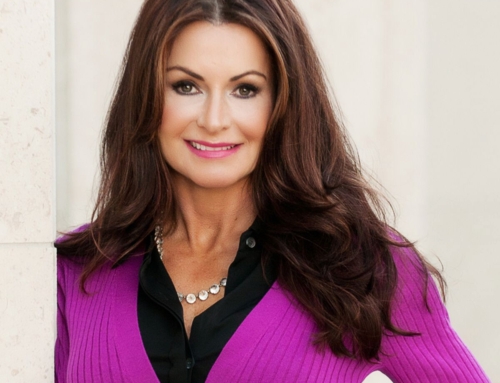I had the pleasure of interviewing Paul Rosen, CEO of Tidal Royalty Corp. Paul Rosen is a noted career entrepreneur, management consultant, and public speaker. Over the last 6 years, he has become one of the most active entrepreneurs and investors in the emerging global cannabis industry. He is the founder and Managing Director of BreakWater Venture Capital, a private venture capital fund and advisory, with over 100 current investments in global cannabis companies. Paul is the founder, CEO, and Chairman of Tidal Royalty Corp. (CSE:RLTY.U.CN), a publicly traded royalty financing business focused on the emerging regulated U.S. cannabis industry. Paul Rosen was a co-founder of PharmaCan Capital, now better known as The Cronos Group (NASDAQ:CRON, CRON.V) and served as President and CEO for three years. Paul sits on the Board and chairs the Audit Committee of iAnthus Capital Holdings (IAN.C), a publicly traded New York based investment bank. Paul also sits on the Board of Hill Street Beverages and advises several companies across multiple industries. Tidal Royalty Corp. is the leading provider of royalty financing to the legal cannabis industry. Our team has built, led and advised some of the most iconic cannabis businesses in Canada and across the world. We leverage this expertise to identify exceptional licensed operators and provide them the financing they need to grow their business. The operators that we finance benefit from our non-dilutive capital and our investors get top-line access to the companies that will form the future of this transformative industry.
Thank you so much for doing this with us! Can you tell us a story about what brought you to this specific career path?
Serendipity. I have long been interested in the cannabis industry, but it was a meeting I took in 2012 that very quickly led to me jumping into the industry and founding what is now called The Cronos Group. I would say that in some ways it was random, but in other ways it was predetermined.
Can you share the most interesting story that happened to you since you began leading your company?
I think the most interesting thing was my first start-up called The Cronos Group, just watching from such humble origins as a pure “no money in the bank” and “no business plan” start-up. To see in less than six years the company achieve a multi billion-dollar valuation and trade on the NASDAQ. This is the type of growth that could only happen at this point in time and in this industry.
Can you share a story about the funniest mistake you made when you were first starting? Can you tell us what lesson you learned from that?
Never get into a car blindfolded unless you know who the driver is. My mistake was I got into that car. The lesson I learned was this: generally, if someone asks you to wear a blindfold, you should probably move on.

What do you think makes your company stand out? Can you share a story?
The quality of the management team that works alongside me and the depth of our experience in the cannabis industry. Collectively we have had our hands on some of the most iconic cannabis companies in the world. Given Tidal Royalty is a start-up, there are many instances when we have punched well above our weight class given our industry ties and it really reflects the quality of the people I am surrounded by.
Are you working on any exciting new projects now? How do you think that will help people?
Yes, we are working on literally dozens of exciting new projects, but as a public company we’re not able to discuss them until they’re actually confirmed.
What advice would you give to other CEOs or founders to help their employees to thrive?
Think of yourself as their co-worker and teammate rather than them as your employees. I never like to think of them as employees. I would encourage them to remember their best day and worst day are neither the real example of where the company is and to accept that both great success and occasional misfortune are all part of what you sign up for when you work in an entrepreneurial environment.
How do you define “Leadership”?
The ability to inspire others through respect and character rather than fear and bullying.

What advice would you give to other CEOs about the best way to manage a large team?
Empower all the people in your organization to know that their contribution matters as much as anybody else. What people really want is meaning, purpose, and recognition — so be generous with meaning, purpose, and recognition.
None of us are able to achieve success without some help along the way. Is there a particular person who you are grateful towards who helped get you to where you are? Can you share a story about that?
Mom and Dad in that they were able to provide me with a stable environment to develop my skills and then they bought me a university education. More than anything else, that was the foundation for everything that happened since.
How have you used your success to bring goodness to the world?
My big mandate is to support entrepreneurship. I think that entrepreneurs are some of the most important stakeholders in society, right up there with our teachers and first responders. While I give money to charity and sometimes donate my time, my real passion is mentoring young entrepreneurs to help them build incredible companies and help change the world.
What are your “5 Things I Wish Someone Told Me Before I Became CEO” and why. (Please share a story or example for each.)
- “Don’t be afraid to fail”: Failure is bred in the bone. When failure occurs, don’t stay on the ground very long — pick yourself up immediately and dust yourself off. There should be no stigma to failure whatsoever. It’s the necessary bone meal towards your eventual success.
- “Seek mentorship wherever you can”: It’s lonely out there and there’s no reason why everything you do has to take place in an echo chamber. Find experienced executives who you can trust and they will help you make better decisions.
- “Invest in people”: Unless you want to be a one-person service provider you’re only as strong as your weaker links in an organization. Get the best people you can afford and don’t worry what it costs. Of all the capital expenditures you make in building a company, hiring the best people is the most vital.
- “Believe you’re already a success before you are and make all your decisions accordingly”: A lot of times you’re going to make bad short-term decisions because you’re concerned about showing short-term benefits. Make decisions as if success has already happened and you’ll make more effective decisions from a position of strength.
- “Assume everything you do will be a matter of public record”: We often don’t want to tell our clients bad news, but that can be like a dead fish — the long you leave it laying around the more it stinks. Assume they are going to find out, get on top of it, tell them immediately, and give them agency over the outcome.

< /figure>
You are a person of great influence. If you could inspire a movement that would bring the most amount of good to the most amount of people, what would that be? You never know what your idea can trigger. 🙂
Entrepreneurship. I do believe that is the greatest social force of all. From that can come all sorts of great things: philanthropy and mentorship to name a few. The world needs more entrepreneurs. We add value, we make something out of nothing, we hire people, we pay taxes, and we have purpose.
Can you please give us your favorite “Life Lesson Quote”? Can you share how that was relevant to you in your life?
A quote attributed to Abraham Lincoln: “When I do good, I feel good. When I do bad, I feel bad. That’s my religion.” Doing good is a reward unto itself and it’s relevant to business in that I believe character matters. Doing well for yourself is not enough, you must do good in order to have a meaningful life.
Some of the biggest names in Business, VC funding, Sports, and Entertainment read this column. Is there a person in the world, or in the US with whom you would love to have a private breakfast or lunch with, and why? He or she might just see this if we tag them 🙂
For me to reduce it to one person is near impossible, but if forced I would request to meet Dr. Dre because he is a great artist who became a great business person and did it with integrity. His life experiences and what he had to overcome is very inspiring to me. Also, he once said he’s at a point in life where if he’s not comfortable with a person he just ends it and I thought that was very brave.
How can our readers follow you on social media?
Although I do not engage in social media individually, my company Tidal Royalty Corp. has Instagram (tidalroyaltycorp) and Twitter (#TidalRoyaltyCSE) that cover all our developments and those impacting us.

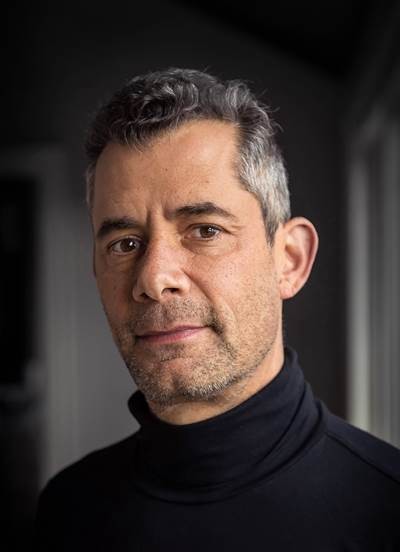
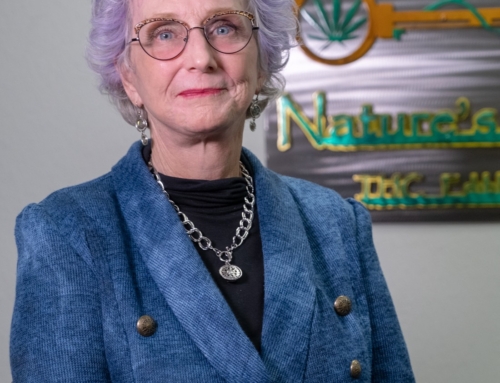
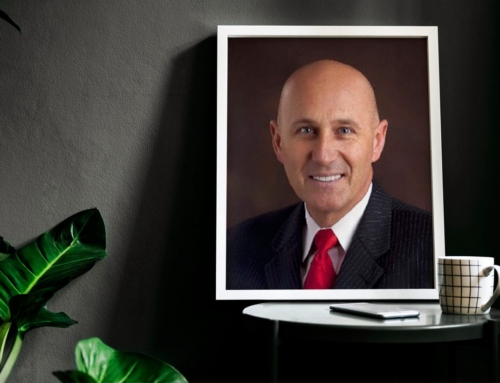
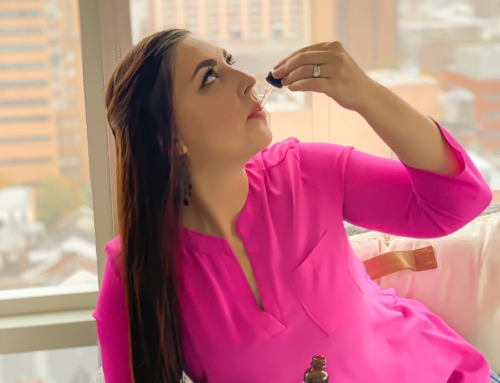

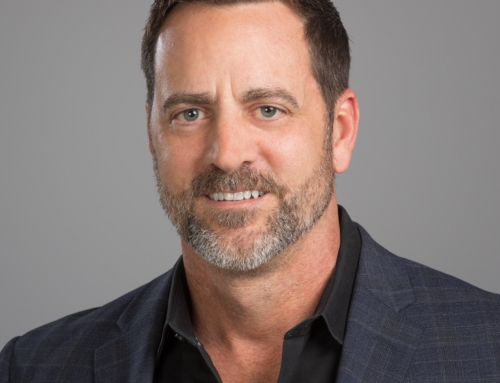
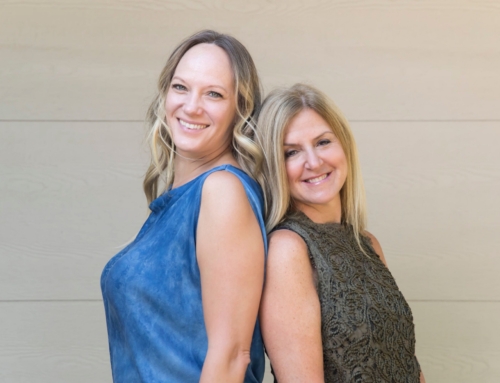
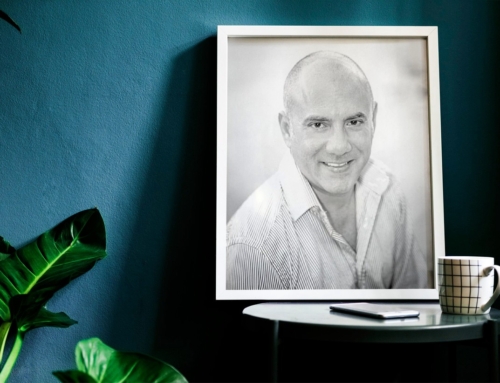
![“The potential to help people [in this industry] is enormous, but there’s still so much to learn.” – Ramon Alarcon, Witi](https://cf.lakesideremedy.com/wp-content/uploads/2020/12/1thj5ekUyxQ69iLz1JJyODg-scaled-e1607882756286-500x383.jpeg)
